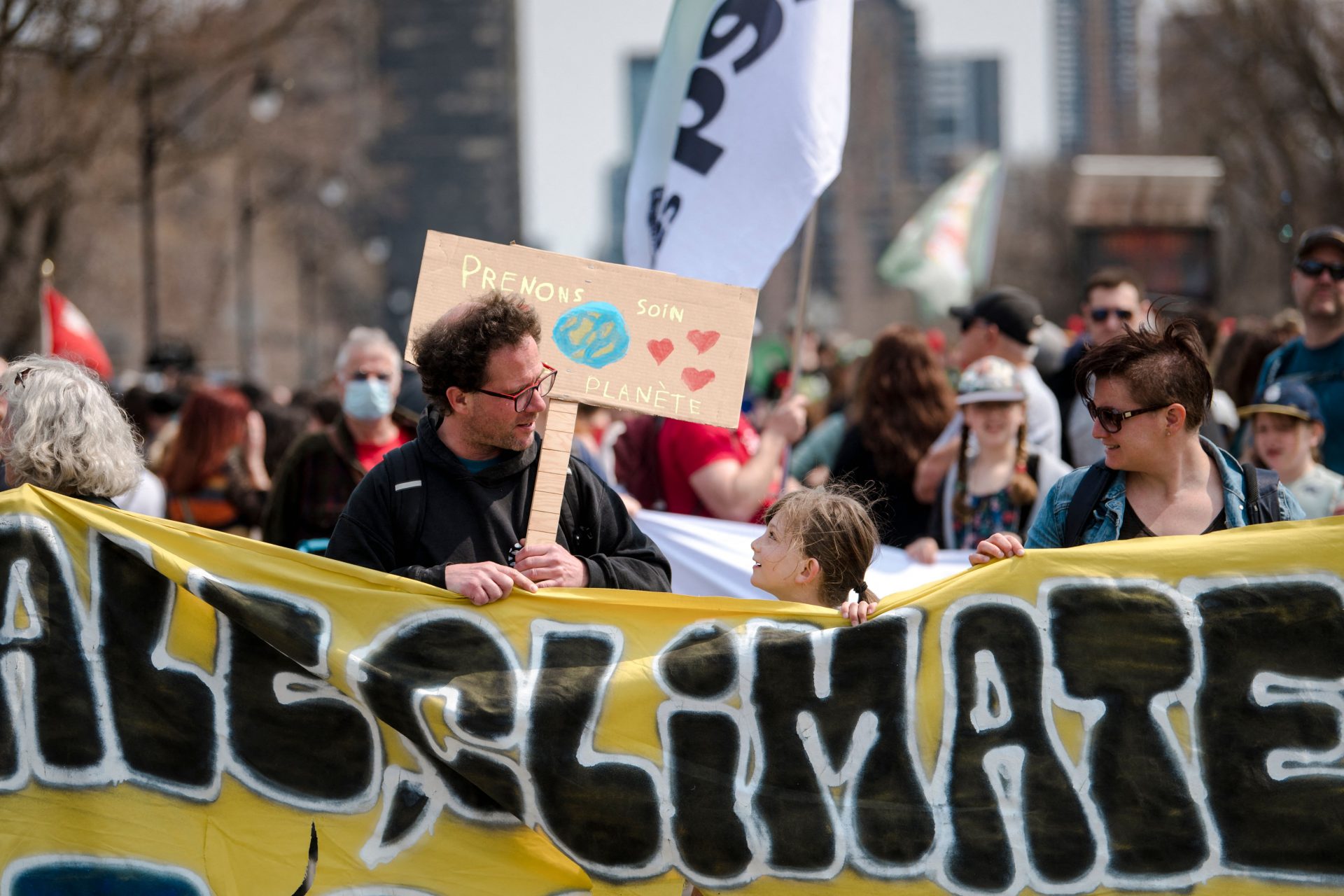56% of young Canadians think humanity is doomed
Nearly half of all young Canadians think the human race is doomed to failure according to a new study published in The Journal of Climate Change and Health.
Researchers from Lakehead University surveyed one-thousand young people between the ages of 16-25 and found that a surprising amount of Canadians in that age cohort were “experiencing a diversity of challenging climate emotions,” according to a blogpost from Lakehead University.
“At least 56% of respondents reported feeling afraid, sad, anxious, and powerless,” the study’s authors wrote in their conclusion.
Overall, 78% of respondents said that climate change impacted their mental health and 37% said their feelings about the issue had a negative impact on their daily life.
Roughly 39% of young people surveyed reported that current climate issues made them hesitant to have children and 73% said that the future was frightening.
The vast majority of respondents blamed humanity for climate change worsening with 76% saying that "people have failed to take care of the planet," according to the study's authors.
Overall, 48% of young Canadians surveyed said that they believed humanity was doomed and 53% said they would never have the same opportunities as their parents.
“This research shows that inaction at the systemic and structural levels shapes the experiences of climate emotions and anxiety among young people across Canada,” said Dr. Lindsay Galway, one of the two researchers who conducted the study.
“While we consider difficult climate emotions and anxiety appropriate responses to the climate crisis, given its impacts, scale, and urgency, we also recognize the mental and emotional burden that young people are bearing,” Lindsay added.
Dr. Galway suggested that the best way to address climate emotions in Canadian youth would be with “strong leadership as well as supports and programs” that would enable young people to cope with their climate-related stress.
“Most importantly,” Dr. Galway concluded, “to protect the mental and emotional health of young people, transformative climate action is needed.”
Dr. Ellen Field coauthored the study and said she and Galway wanted to expand the research on youth climate emotions in order to find solutions and were hoping to replicate the findings of a 2021 study on climate anxiety among Canadian youth.
“Responses resulted in a diversity of strategies, including the need for youth-focused support groups, more opportunities for young people to engage in climate action, and improving climate change education in schools,” Dr. Field said.
“This really is an all-hands-on-deck moment for adults and a time for intergenerational work,” the study’s coauthor added.
Despite all the doom and gloom respondents reported in the survey, 71% still said they believed there was hope for our planet. “Educate us on the ways we can contribute to solving the climate crisis,” one participant responded to the researchers.
Climate change poses a major threat to Canadian security and prosperity according to the Canadian Security and Intelligence Service (CSIS).
Rising water levels, arctic security issues, and domestic political strife are all major issues in the decades ahead according to reporting from CBC News’ Jim Bronskill on a new analysis of the climate issues facing Canada published by CSIS on March 5th.
More for you
Top Stories






























